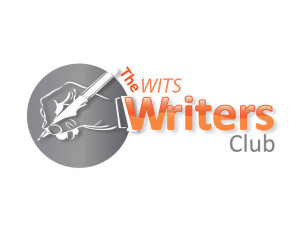Theme
The competition theme is “Blue.†Shades, spaces, feelings of blue. Show us what blue means to you.
Eligible Entries
Entries may include fiction, non-fiction, poetry, short stories and other written explorations (up to 900 words). Previously published or unpublished are eligible. Writers retain copyrights.
Prizes
Artist feature including a profile written by our art writer in ArtAscent Art & Literature Journal and $50 for the gold winner. At least 3 additional writers will win publication in ArtAscent Art and Literature Journal including links to your website, promotion on ArtAscent website writer directory, and exposure in social media.
About ArtAscent
The mission of ArtAscent is to promote artists of images and words, and connect them with art lovers. This is accomplished by art and writing competitions, art magazine publication, and artist and writer directories. Each competition is theme based, with the intent to showcase diverse creative explorations of that theme via various media.
Call details and to enter: www.artascent.com



